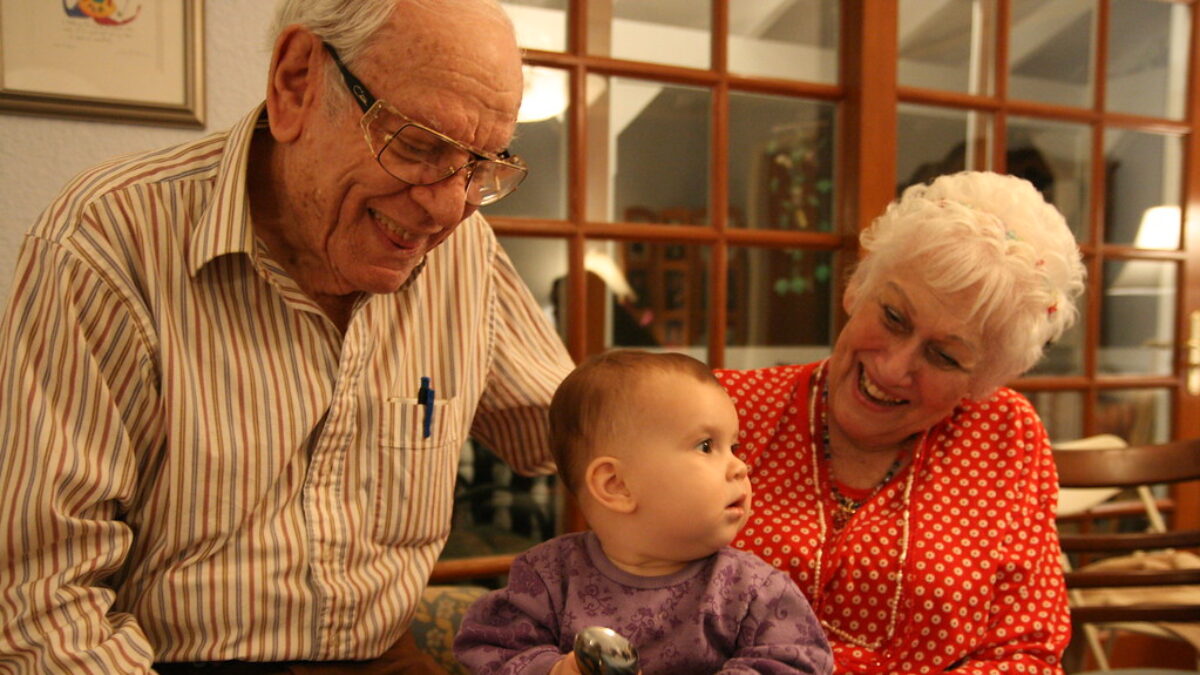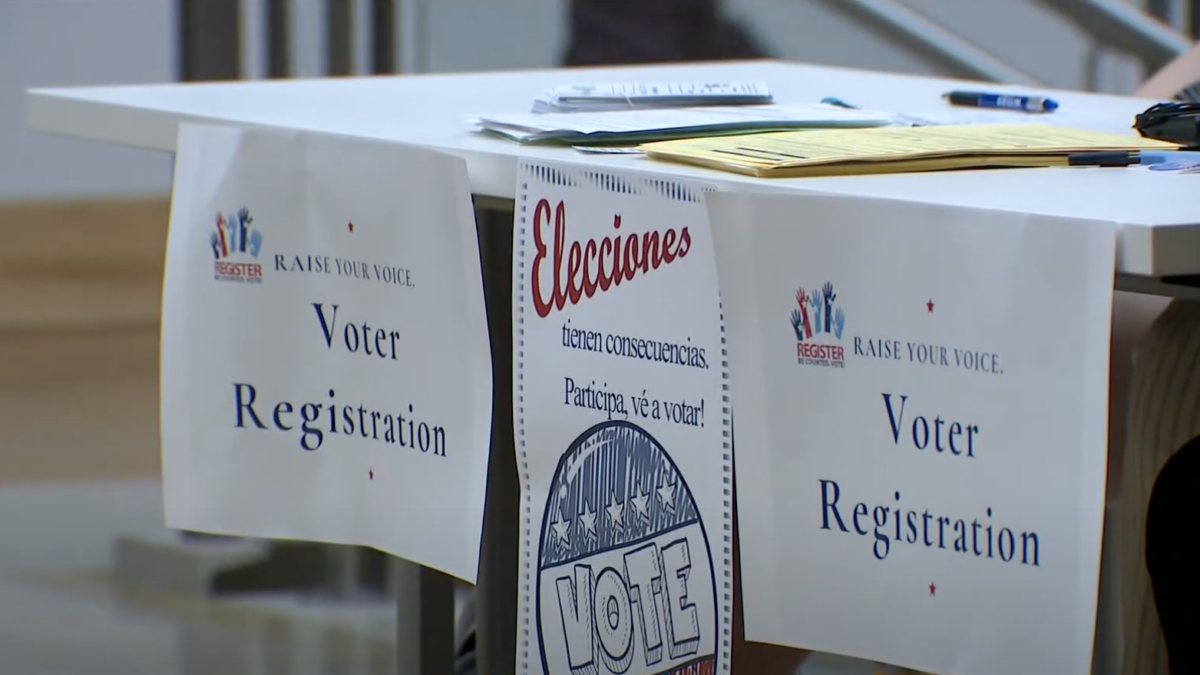This is an adapted excerpt from “Conservatism: A Rediscovery“
Honor is one of the central ideas in a conservative political theory. I do not mean any particular code of honor, such as that which was accepted among English gentlemen two hundred years ago. Rather, I want to understand honor as a general phenomenon appearing across all human societies. In examining it, we will find that there can be no conservative society — by which I mean a society capable of conserving any teaching or text, institution or form of behavior, so that it persists from one generation to the next — unless it is permeated throughout by a concern and regard for honor.
Enlightenment liberalism supposes that children owe obedience to their parents until they are twenty years old, or some similar age. At that point, they are assumed to have reached the age of reason, and therefore to have acquired the right be free and equal to their parents; and, in particular, to be free of the obligation to obey them. By contrast, one of the primary precepts of a conservative society is the commandment to, “Honor your father and your mother” — a precept that is emphasized time and again in Hebrew Scripture. Notice that “honoring” one’s parents is not the same as obeying them, and that there is no expiration date on this commandment. The precept of honoring one’s parents continues to be in force throughout one’s entire life, even after one’s parents are no longer living. One is never free from this obligation.
Unpacking the ‘Weight’ of Honor
But what does it mean to honor one’s parents? The original Hebrew instructs us to give kavod (Eng., honor) to our parents. This is a cognate of the word kaved, which means “heavy” or “weighty.” In fact, Scripture instructs us to give weight to our father and mother. In English, we may say that we “give weight” to someone’s words when we take them to be important. But the Hebrew kavod is not a weightiness that is given only to words, advice, or opinions. It is given to the person himself.
We need to think carefully about what this means. Human beings understand reality in terms of relations of cause and effect. An object is understood to be important or significant to the extent that it acts as a cause affecting other things, and unimportant or insignificant to the extent that it fails to have an effect on other things. The same is true of the way we understand people. We regard them as important to the extent that they have an effect on others, and unimportant if they fail to have an effect on others.
For example, a king or president is considered an important person because what he says and does have an effect on millions of people. However, notice that the king’s importance or significance does not depend on the effect he is having at a given moment. He may be thinking silently or sleeping, and yet he is still important. His importance or significance is determined by the things he has already done and the things he may yet do. Indeed, he may continue being important even after he has died, so long as the effects of his actions continue to be felt in life.
The importance of an individual — his kavod or weightiness — is not just something we think about in the abstract. We sense the kavod or weightiness of every person we meet, judging him to be more important or less so, and we act in accordance with this judgment. When I am in the presence of an important person, I experience his or her weightiness as a pressure in my chest, which can make my breathing more difficult, introduce a tremor into my voice, and cause me to avert my eyes. These and other effects should not be dismissed as merely physical. They are the outward signs of a more profound accommodation to the presence of persons possessing great kavod or weightiness: We tend to believe the things that individuals we consider important tell us, to act in accordance with their preferences, and to imitate them in their style of speech and behavior, and in countless other ways. And because every human individual immediately senses the kavod or weightiness of others whom he meets, judging them to be more or less important, the reactions of each individual act as a mirror in which I can sense my own kavod or weightiness as well. That is, I can sense the degree to which I am important in the eyes of other individuals when I am in their presence.
This is the basis for all competition among individuals. As a general matter, human beings take pleasure in being regarded as important in the eyes of others and find it painful when they are considered insignificant or disregarded. And because being regarded as weighty or important is pleasurable, individuals compete to be considered weighty or important. In its most basic form, this involves contests of strength, in which one individual proves his physical superiority over another, thereby gaining in importance and weightiness in the eyes of his adversary, and of anyone else who witnessed the fight or heard tell of it. But in civilized society, this competition tends to take other forms, and the individual may strive to be regarded as a great military commander, or a man of influence in political affairs, or a wealthy businessman or a great scholar or physician or artist. Indeed, while we say that politicians compete to attain the greatest power, and businessmen to exceed their rivals in wealth, and scholars to achieve the utmost in knowledge, the truth is that all of them compete for only one thing, which is kavod or honor. That is, they compete to be recognized as important in the eyes of others.
Recall that the importance of an individual is the extent to which he is recognized as a cause of effects. This suggests that I can purposely increase the importance of another person by speaking or acting in such a way as to emphasize that he is the cause of various effects. And indeed, in every field of endeavor, one can “give honor” to another individual by praising his abilities, by referring to his accomplishments, and by deferring to his judgment, acting in accordance with his preferences, or adopting his manner of speech and behavior. On the other hand, I can decrease the kavod or weightiness of another by speaking or acting in such a way as to emphasize his insignificance, “showing contempt” for him, or humbling or humiliating him. This can be done by defeating him in some confrontation or competition, or by ridiculing or severely criticizing him, his ideas, or his deeds, or by slighting or ignoring him where I might have taken him into account.
With these things in mind, we can now return to matter of honoring one’s parents. I have said that we tend to believe the things that important individuals tell us, to act in accordance with their preferences, and to imitate their speech and behavior. This is what we do by nature. Indeed, we tend to do these things automatically, without even being aware we are doing them. But the Mosaic law does not instruct us to do what we would have done in any case. The law is intended to repair our nature and to improve upon it in keeping with the understanding that “The nature of man’s mind is evil from his youth.” And if a principle is included among the Ten Precepts, it is to instruct us concerning things that are not according to our nature, and that may, in fact, be very difficult for us to do.
Conservatives Emphasize Sacrifice, Not Autonomy
What is required, then, is behavior beyond the usual tendency to exhibit deference in the presence of someone who is more powerful and accomplished than we are. The precept itself instructs us: Honor your father and your mother, or Give honor to your father and your mother. It makes use of an active verb, enjoining us to act with intention, purposely seeking to give kavod or weightiness to our parents by inquiring regarding their preferences and their counsel; by acting in accordance with their preferences wherever possible, and by avoiding contradicting or embarrassing them when it is not; and in general, by praising their achievements and their virtues, their speech and their behavior, both in words and by imitating them ourselves. All of this takes place in their presence, but it also takes place when we are not in their presence: In conversation and interaction with others, we continue to recall and to imitate whatever is strong, just, and praiseworthy about our parents, often explicitly telling others that this is what we are doing, while scrupulously avoiding disparaging or diminishing them in any way.
As we do these things, we inevitably increase the weight and significance of our parents in our own eyes—something that, when it happens, is plainly visible to them, just as it is plainly visible to our friends and associates. And because we are always a mirror set before our parents’ eyes, their increasing importance in our estimation imparts to them a greater weight and significance in their own self-estimation as well.
This is true even when a small child gives honor to his parents; and in a conservative society, the education of children, whether at home or in school, is focused above all on teaching the child to constantly find ways to honor to his father and his mother. But honoring one’s parents is even more important in adulthood, when the increasing strength of the child relative to his parents, and his increasing capacity to recognize his parents’ flaws and failures, naturally diminish them in his eyes. As parents age, they long to see that their life has been worthy despite the mistakes they have inevitably made. And nothing gives them happiness, strength, and consolation as much as being honored by their adult children, their grandchildren, and their great-grandchildren.
Of course, for such happiness, strength, and consolation to take place, adult children must live in proximity to their parents, must see them frequently, and must have children of their own in a timely fashion. And in a conservative society, living in proximity to one’s father and mother, seeing them frequently, and bringing grandchildren and great-grandchildren into the world are central aspects of honoring one’s parents. Everyone understands that not every child will be able to do these things. Nevertheless, they are things that children who are concerned to honor their parents strive to do, in consideration of those who gave them life and remained loyal to them during long years and under difficult conditions.
There is no more obvious difference between a liberal political order and a conservative political order than this. In a liberal order, the things that a child must do to honor his parents and remain loyal to them are found to be, for one reason or another, distasteful or wrong. The liberal emphasis on the freedom and autonomy of the individual makes every act of honoring one’s parents seem servile, or mere flattery, or “living for others.” Children, who are supposed to be “free to choose,” are thought to be stifled, their individuality and creativity repressed, by the constraints imposed on their lives by the imperative of honoring their parents. Indeed, receiving one’s education near home, and living in proximity to one’s parents as an adult, are viewed as an aberration and a failure to “attain one’s potential.” Moreover, the liberal belief that a child becomes the equal of his father and mother once he is twenty years old, and that thereafter the relationship is one of consent, suggests that those twenty years of tutelage, hardship, and sacrifice on the part of the parents are to be regarded as a free gift, which creates no enduring obligation on the part of the child.
No wonder, then, that honoring one’s parents is taught almost nowhere today. The implications of this one principle, if taken seriously, would undermine much of the public philosophy of liberalism.
A Lifelong Obligation
In this context, I must say a few words about the care of elderly parents. In a conservative society, one is not relieved of the responsibility to honor one’s parents at the age of eighteen or twenty. On the contrary, this obligation remains throughout life, and it only grows more difficult as one’s father and mother become infirm with age.
In affluent societies, this hardship is suppressed by means of institutions such as “retirement communities” and “old-age homes,” which permit individuals to deny their responsibilities to their parents, on the grounds that they have paid someone else to discharge them. In this way, the individual damaged by Enlightenment philosophy demonstrates that he is incapable of even the most rudimentary gratitude to those who gave him life, fed him and nursed him in times of illness, taught him a language and a manner of speaking to others, gave him the knowledge and skills needed to survive and to flourish in the world, and established him within a network of relations and acquaintances who would be able to help him as he grows. Everything that the individual has is, in the end, because of his parents.
But under a liberal regime, these parents are not regarded as important enough to be cared for by their children in their last years. Liberal societies ceaselessly manufacture new “rights” so that the young and healthy may do whatever they please — but know nothing of the right of the aged to live among their children, grandchildren, and great-grandchildren, to be honored by them, and to receive care at their hands.
True, a child in a conservative society must shoulder these burdens, whereas a liberal society makes no comparable demands. But in time, this same child grows old himself, and then the circumstances are reversed: Then the young man and woman, who once carried the burden of honoring their parents and grandparents, are themselves the family patriarch and matriarch. Now it is they who live among their grandchildren and great-grandchildren. Now it is they who are honored by two or three new generations of young people who inquire after their words and deeds, learn from them and imitate them, and care for them in gratitude.
Meanwhile, in a liberal society, the aging individual, who was spared the burden of honoring his parents and grandparents in his youth, finds that he is disregarded and neglected — which is to say that he is abused — in the same way by his own children and grandchildren (if he has any children and grandchildren). Having dishonored his own parents by leaving them to age without him, he now finds that he is dishonored by his own children in turn, who find it convenient to let him age without them.
I consider with unspeakable sadness the millions of old men and women who lived their lives in freedom, as if there are no unchosen obligations in life; and in the end find themselves discarded by their own children, who owe them everything, and yet are convinced that they owe them nothing.









